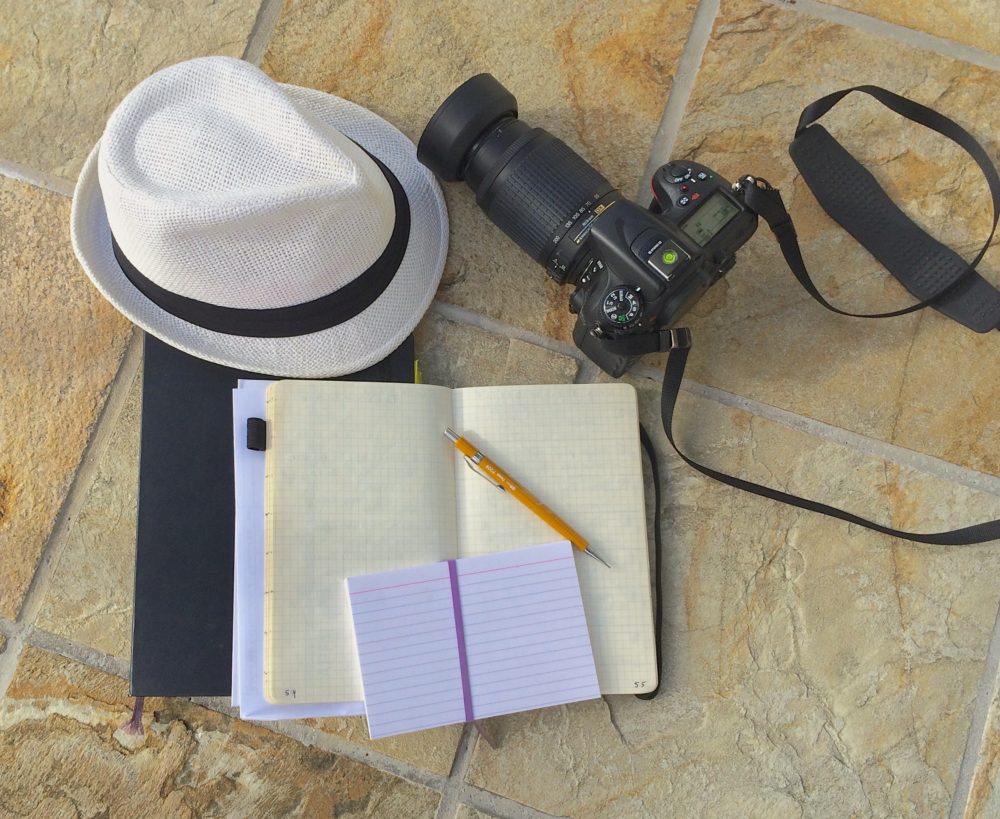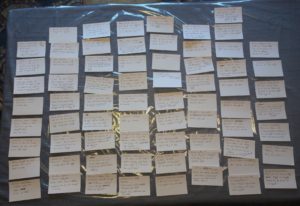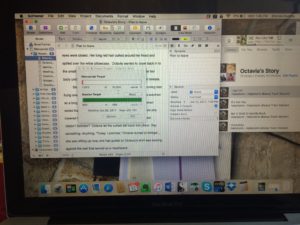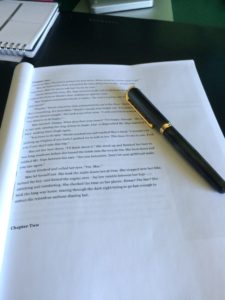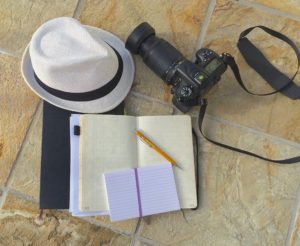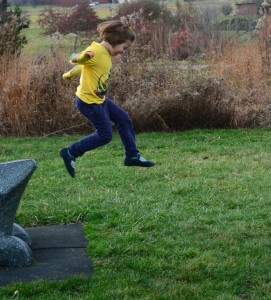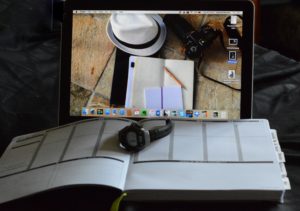 What do these things have to do with each other? As a someone who struggles with focus and attention issues, the first two things have resulted in consistent word counts. I know some folks are not as worried about word counts, fearing it stifles them, or leads to writer’s block and if that’s you, just look away. But if you are one of those people who need firm guidelines with wiggle room in place this is the post for you.
What do these things have to do with each other? As a someone who struggles with focus and attention issues, the first two things have resulted in consistent word counts. I know some folks are not as worried about word counts, fearing it stifles them, or leads to writer’s block and if that’s you, just look away. But if you are one of those people who need firm guidelines with wiggle room in place this is the post for you.
What is block scheduling? Blocking out a period of time to do whatever it is you need to do. It might an hour or two hours, or fifteen minutes. The important part of block scheduling is to make it consistent, this doesn’t mean every day, it could be every Saturday or Sunday, but when you block off the time, the time is ONLY to be spent writing. No social media, no marketing, no other distractions.
The second technique is Pomodoro, named after the tomato shaped kitchen timer. In Pomodoro, you set the timer for a period of time, usually 25 minutes and then for that time period you focus on just that project, in this case writing. The goal being to write as much as you can during the time period. No editing, no going back, just pushing forward to get words on paper. Why? Because you can’t edit a blank page and getting a load of word salad down that you can fix later is better than a blank page. Build the house, you can go back later and hang the curtains and decorate. You can use your phone timer but the temptation to check into social media or email can be strong. Use a cheap kitchen timer, or get a fancy one if you want. I use the timer on my watch, ‘cause I’m old school that way.
Word Counts, or as like to call them, the secret to getting projects done, are the number of words you need to get on paper to finish your project on time. I use Scrivener and it has a delightful feature that lets you put in your deadline for the first draft and days you will be writing and it will figure out how many words you need to write each session to meet your goal. I like many things about the program but this feature alone makes me love it. Before I used Scrivener, I did this on paper, and it worked, but I love that Scrivener lets me know when I meet my goal. Notice I said “First draft”, editing is a different animal, and I will address that in another post. This is about getting raw material down, so you have something to edit.
How do they work together?
- Block out your time to write. Treat it like an appointment. Honor your commitment to write.
- Use a timer. Set it for 25 minutes or more, no more than one hour.
- Start writing. Don’t look back, don’t do anything else, just write.
- When the time is up, get up, stretch, get a beverage or snack. Take 5-10 minutes. And then set the timer and get back to work. DO NOT CHECK EMAIL OR SOCIAL MEDIA. Keep your head in the game. Repeat until word count is achieved or your blocked time is up. If you are not meeting your word goals you may need to adjust them. Find a word count that YOU can meet consistently and will let you meet your deadline.
Keys to success: Remember you don’t have to block schedule all at once. Maybe you only have thirty minutes in the morning, and thirty minutes in the afternoon to write. My point is when it is time to write, write. Don’t do anything else.
- You can set the timer for less than twenty-five minutes, do what works for you.
- When you set your word count goals and deadlines make sure you are realistic. If you are someone who averages 250 words a day on a good day, don’t think you will suddenly be generating 1000 words a day or more. Use a calendar or planner or if you have Scrivener set up your project target dates. I use Scrivener and am also a big fan of spreadsheets (thank you Jeffe Kennedy) and use my planner every day, but you do you.
This works for me, it might not work for you. If you have been struggling to get a book/shorts story/screen play/ written give this a chance. Don’t quit.
